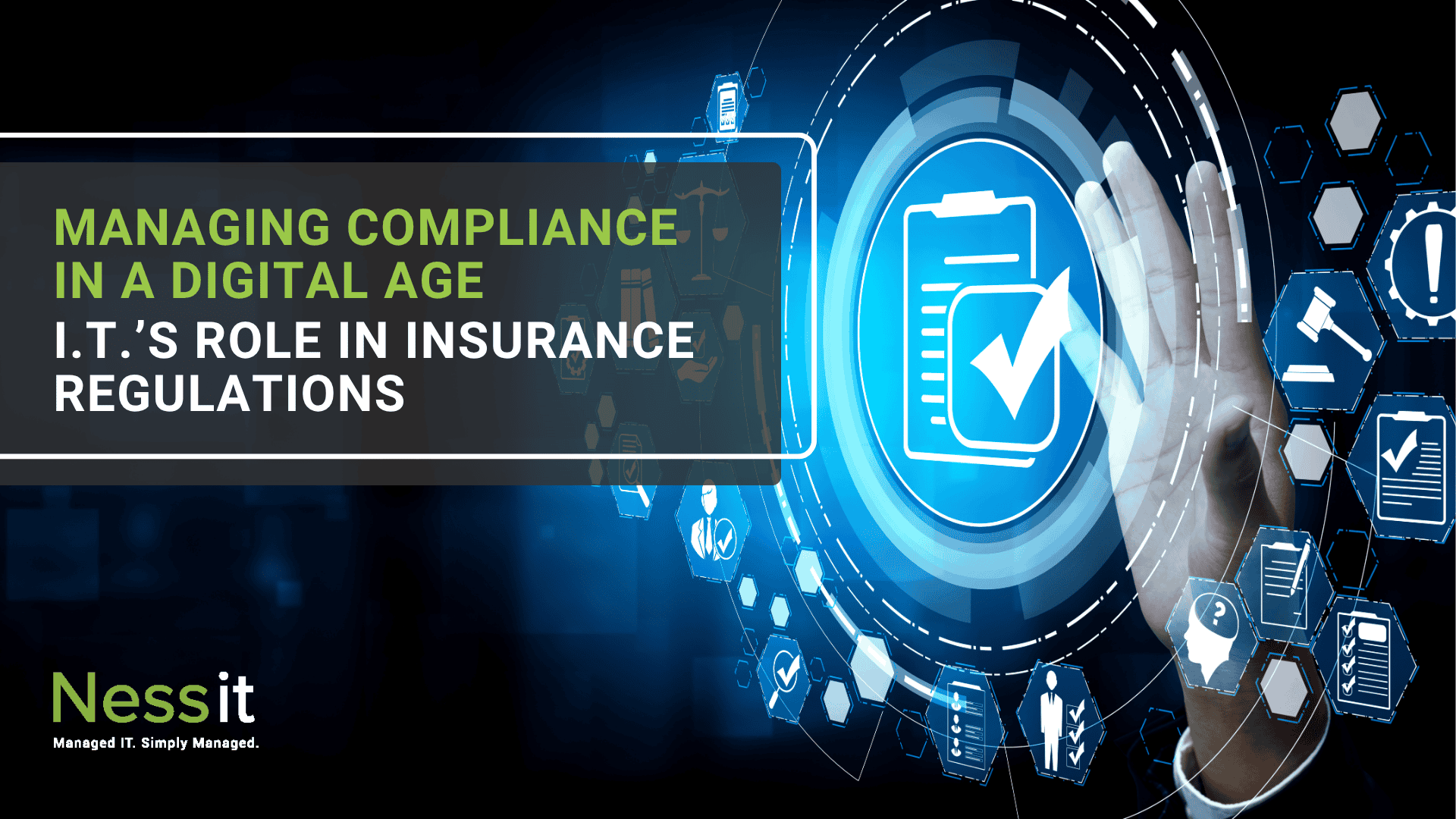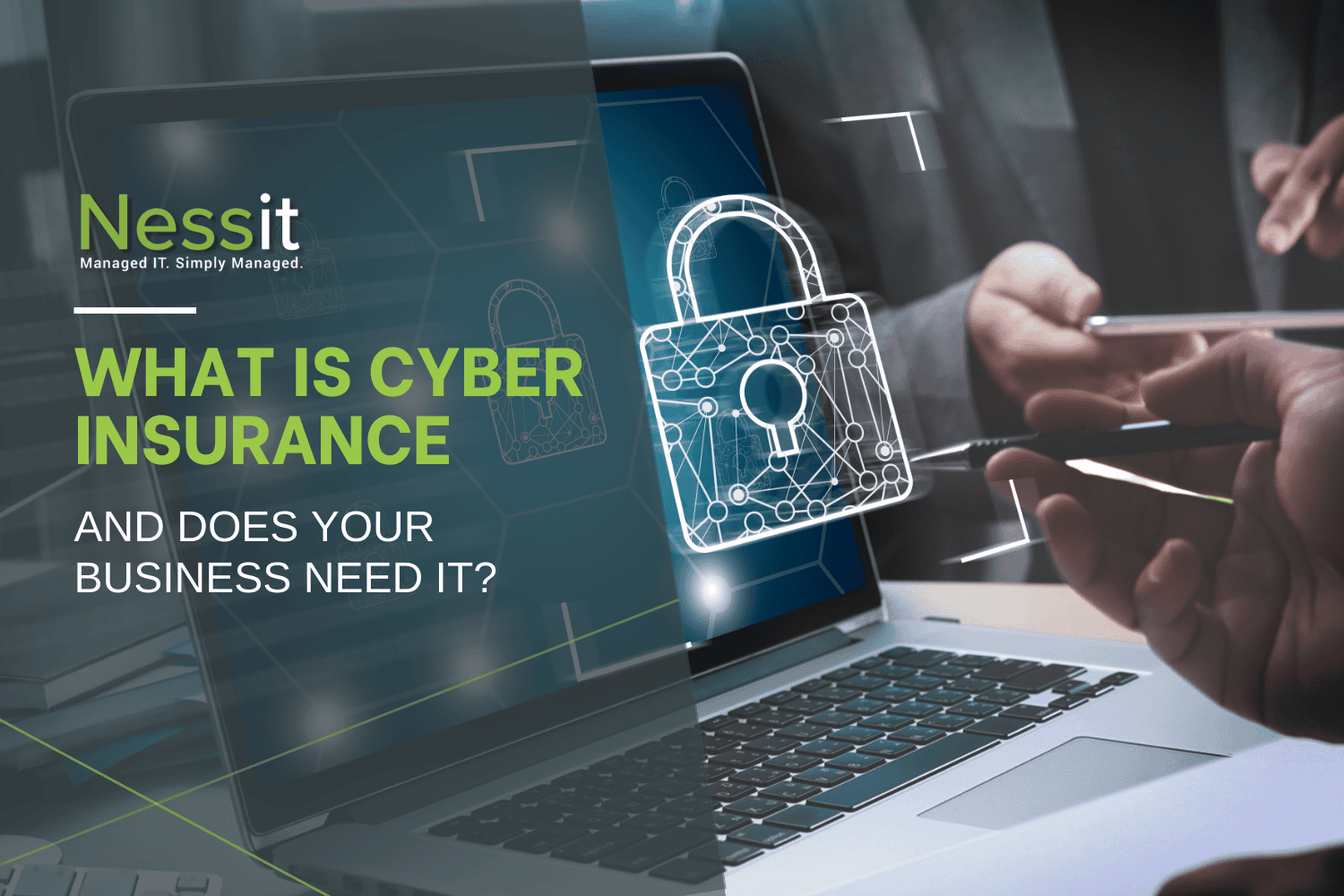No insurance agency sets out to have an ‘immature’ IT environment. Most are doing what seems reasonable: fixing issues as they arise, adding tools when needed, and relying on systems that have (mostly) worked in the past. The problem with this approach is that it often leaves agencies stuck in break/fix mode–functional enough to get by, … Read more
For many organizations, especially smaller businesses, a break-fix approach to IT may seem like the easiest, most budget-friendly choice. With pay-as-you-go tech support, you call for help only when something breaks and pay for the fix once it’s done; it’s a straightforward transaction, no contracts or ongoing monitoring. It seems logical: why budget for IT help you may never need? Break-Fix: Reactive and Risky The downside to a reactive approach is that when something (inevitably) goes wrong, the downtime and unexpected repairs are often costlier and more stressful than investing in proactive IT services up front. And you’ve only got a band-aid fix, not a big picture solution. When no one is monitoring … Read more
Mergers and acquisitions are exciting milestones for an insurance agency. They signal growth, new opportunities, and an expanded customer base. But one critical area can determine whether the integration goes smoothly: your IT systems. When agencies merge, you’re not just combining offices and teams; you’re combining data, infrastructure, and security risks. And if those systems … Read more
Insurance agencies handle some of the most sensitive data there is, from medical and financial records to social security numbers, and maintaining compliance is integral to day-to-day operations. Staying on top of ever-evolving state and federal regulations can be a challenge, and effective IT management is central to keeping your data protected. Data Protection: The … Read more
Is your company stuck in a break/fix cycle when it comes to IT, reacting to issues only after they occur? If so, you’re not alone. Plenty of businesses find themselves in reactive mode, not by choice, but because they’re simply trying to keep things running day-to-day. But staying there comes with hidden expenses that … Read more
If you work in local government, you already know the drill: there’s never enough budget, never enough staff, and technology tends to get pushed to the bottom of the priority list… until something breaks. That’s why we’re especially excited to be part of this year’s NH Municipal Association Annual Conference — not just to talk … Read more
Collaboration between the public and private sectors is vital when it comes to safeguarding critical U.S. infrastructure, including sectors like energy, healthcare, communications, and government services. Preventing cyberattacks on these systems is essential to ensuring public safety, economic stability, and national security. Nessit founder Geoff Ness has been instrumental in this important work as a … Read more
You’ve probably heard the term cyber insurance, especially as news of data breaches make headlines with increasing frequency. When a cyber attack succeeds, the ripple effects for your business go far beyond locked computers and password changes. The costs of disruption to operations, legal obligations, forensic investigations, and reputational damage can add up fast. But … Read more
At the heart of every non-profit is a mission: to serve, uplift, and be a lifeline in vulnerable times. But for a Boston-area homeless shelter, fulfilling that mission was often slowed by the realities of stagnant technology, antiquated on-premise equipment, manual processes, and high staff turnover. For years, the non-profit carried on their vital work … Read more
Historically, IT support for small and medium‑sized businesses (SMBs) has been about putting out fires: a computer wouldn’t connect to the network, a server crashed, someone clicked on a bad link. Today, IT support has evolved far beyond the help desk—from a reactive, break‑fix model to a proactive, strategic partnership. Modern IT support should help … Read more










